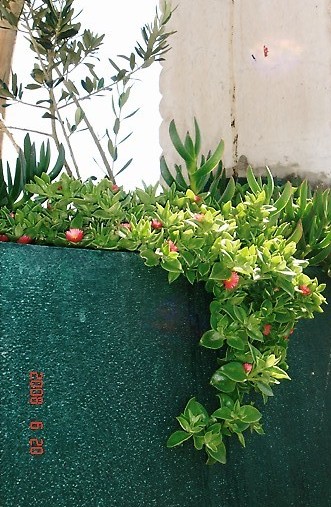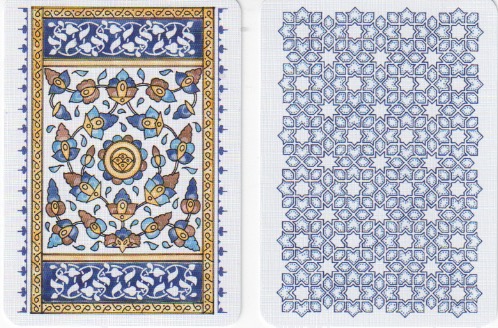﷽
Story
It was the year 656 A.H./1258 C.E., the very year in which a few weeks earlier the Mongol ruler Hulugu Jenghiz Khan had sacked Baghdad.
The Master Abu al-Hasan ash-Shadhdhuli had made it his custom that every other year he would travel to Mecca for the Pilgrimage. This year, he made preparations to go on the Pilgrimage as usual.
This time he asked that a pickaxe, shovel, and a shroud should be included in their baggage.
And he said to his beloveds, “This year I shall perform the Pilgrimage of substitution (hajjat an-niyaba).
As was his custom he set out on the southern route, known as the spice route, overland to Damanhur, then via Qahira, up the Nile to ‘Idfu in Upper Egypt. From there he would cross the Red Sea to Jiddah, and finally make the two-day camel ride to Mecca.
At Damanhur, a young boy, who was a student of the Qur’an, begged his mother to let him go with the Shaykh and his party to make the Pilgrimage. His mother, who was a widow, earnestly requested the Shaykh for her son that he be allowed to travel with his party, to which he replied, “We will look after him as far as Humaythira.”
And so it happened. It was related that Abu al-Hasan, may Allah have mercy upon him, had said, “When I entered the land of Egypt and established my dwelling there, I prayed to Allah, the Most High, saying: Ya Rabb, have You caused me to dwell in the land of the Copts, to be buried amongst them, until my flesh becomes mingled with their flesh and my bones with theirs? A reply then came to me: No `Ali, you will be buried in a land which Allah has never oppressed.”
It is also recorded that in the year of his death Abu al-Hasan ash-Shadhdhuli was heard to say, “Once when I fell ill, I said: Allah, O Allah, when will the encounter with You take place? I was told: Ya `Ali, when you reach Humaythira, then the encounter will come.”
Soon after entering the desert of `Aydhab, both the young boy and the Shaykh fell ill, the boy dying the day before we reached the watering-place of Humaythira. The followers wanted to bury the youth where he had died, but the Shaykh said, “Carry him to Humaythira.” When we arrived at this resting-place we washed the boy, and the Shaykh prayed over him before we buried him.
That evening the Shaykh, who was also very sick, called his companions around him and spoke to us.
He counselled us to recite his Litany of the Sea (Hizb al-Bakhr) often, and he said, “Teach it to your children for the Greatest Name of Allah (al-ismu ‘l-`azam) is in it.”
Then he talked privately to Sidi Abu al-`Abbas al-Mursi, giving him his orders as his successor with his special blessing. He, may Allah have mercy upon him, said to his followers, “When I am dead, look to Abu al-`Abbas al-Mursi for he is the Caliph (Khalifa) to come after me. He will have an exalted station amongst you for he is one of the Doors (abwab) of Allah, Praised and Exalted is He.”
He said, may Allah have mercy upon him,
“I saw (ina a dream or vision) as if I were buried at the base of a mountain before a well containing a little salty water, which became more abundant and sweet.”
Later that evening (the evening of his passing) he called for a jar of water to be filled from the well of Humaythira. When he was told, “Ya Sidi, its water is salty and bitter, but the water we have is fresh and sweet,” he replied, “Give me some of it for my intention is not what you think.” When we brought him the well-water he drank a little of it, rinsed his mouth with it and spat into the jar. Then he said, “Pour the water into the well.
“Immediately the well-water turned sweet and fresh to taste, and it was abundant enough to refresh all the travellers who stopped to replenish themselves at this place. His followers said, “The Shaykh passed the night in holy preparation and discourse with his Beloved God, continually mentioning His Name until the dawn came when he was still.”
Bottom lines
1. He went to hajj every two years
2. He knew he was going to die – enumerate all the different signs that he knew !
3. Last advice: Enjoining Hizb al-Bahr, “teach it to yoru children”
4. Appointing his khalifa
5. The miracle of the well
Illustration
– Utensils for burial
– Map of the Hajj route with stations
– The well

